PSHE
Our PSHE curriculum is based on the Jigsaw scheme, although the curriculum is tailored to meet the needs of our pupils at Eastbrook Primary School. PSHE teaching has a wide application to everyday life and character development; teaching children to become healthy, independent and responsible members of a society who understand how they are developing personally and socially, and give them confidence on how to tackle the moral, social and cultural issues of growing up.
End Points
Through well taught PSHE lessons pupils should be able to demonstrate and describe how to maintain good relations and behaviour with others, keep themselves healthy, safe (both physically and emotionally) and be well prepared for life. The skills and attributes acquired through PSHE education should have a significant impact on pupils' academic and personal achievement.
Way Points
Early Years
PSHE is taught in Reception as an integral part of the topic work covered during the year through the Success for All (SfA). We relate the PSHE aspects of children’s education to the objectives set out in the Early Years curriculum which underpin the planning for children aged three to five. PSHE makes a significant contribution to the ELG objectives of Health and self-care, through knowing the importance of a good diet and talking about how to stay healthy and safe. For example, we have a local dentist visit the pupils to discuss oral hygiene. Pupils are encouraged to talk to others, take turns and choose their own activities, linked to ELG Self-confidence and self-awareness and making relationships.
By the end of Key Stage 1
During Key Stage 1, pupils will take part in regular circle time and PSHE lessons as well as voting in school council elections and present assemblies to the whole school . Pupils will be able to recognise and describe their personal strengths, and know how to persevere in order to achieve personal goals. The will be able to explain how to keep themselves safe in the home, at school and near roads. Pupils will be able to describe what a healthy diet is and make good choices when snacking. Pupils will develop confidence to be able to challenge gender stereotypes and recognise that differences between people should be celebrated positively. Finally pupils will be able to describe life cycles and explain changes in humans from a baby to an elderly member of society.
By the end of Key Stage 2
During Key Stage 2, pupils will take part in regular circle time and PSHE lessons as well as voting in school council elections and present assemblies to the whole school. They should have a positive body image and be able to recognise their own individual talents. Pupils will be well equipped to manage their emotions and be able to empathise with others. They will be able to identify any mental health worries and know who or where to seek help. They will be aware of how to keep themselves safe online and when they are out in the local community. Pupils will be able to describe a healthy diet and exercise routine but also be aware of the harmful affects that drugs can have on the body. Pupils will be aware of the changes of puberty and how their hormones make influence their feelings. They will be able to describe the attributes of healthy relationships and friendships.

